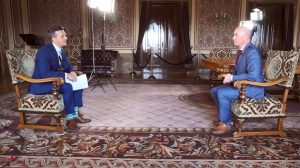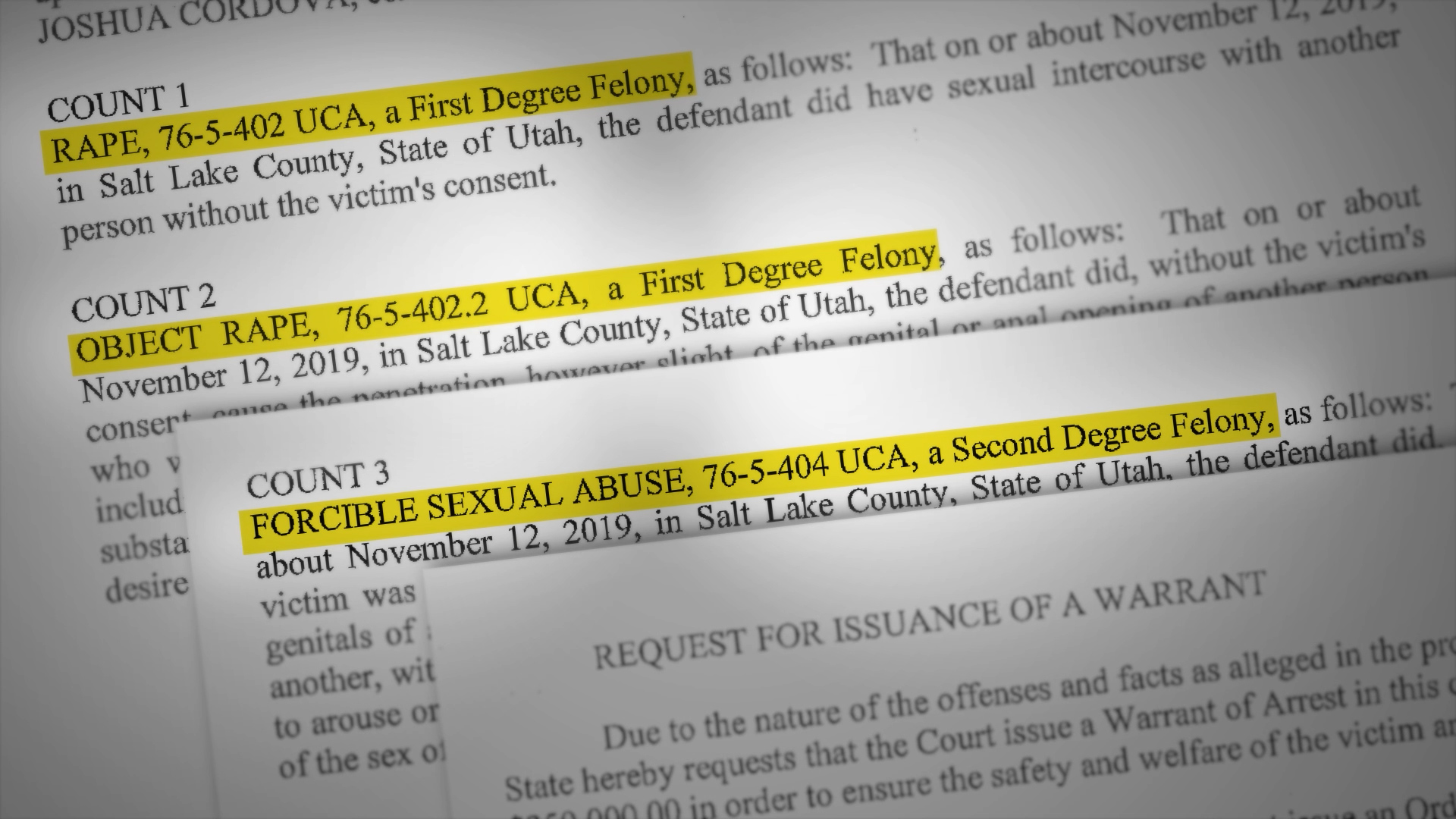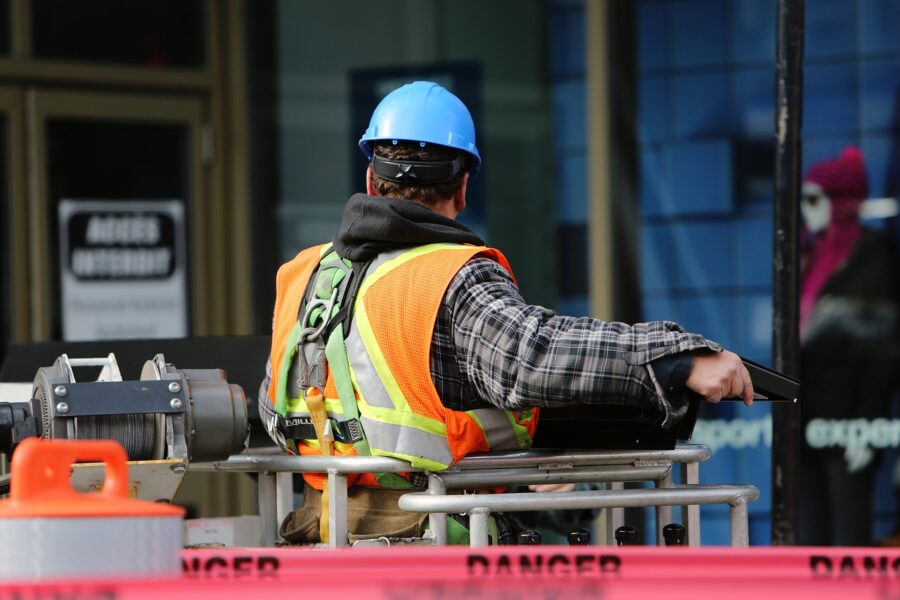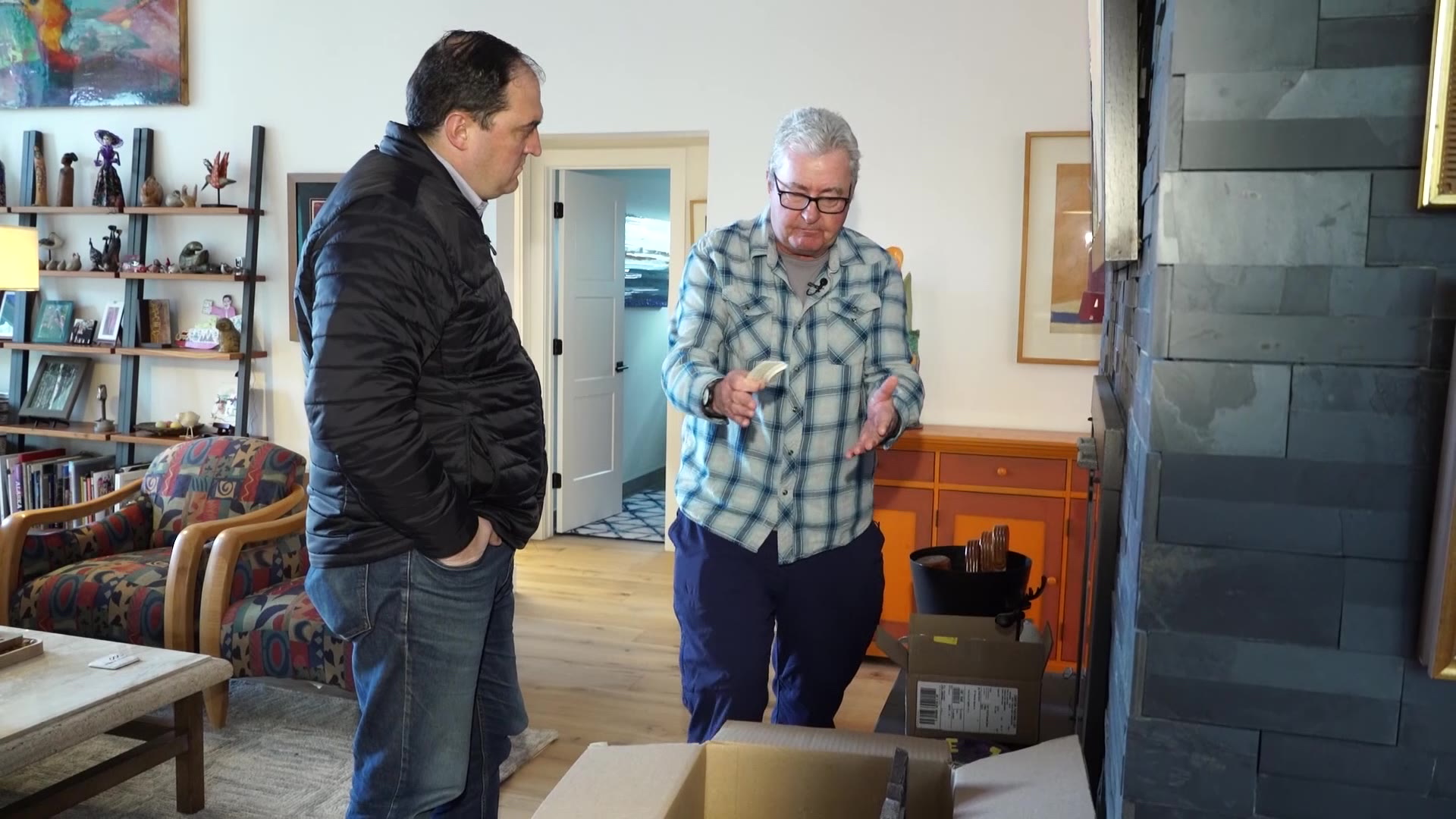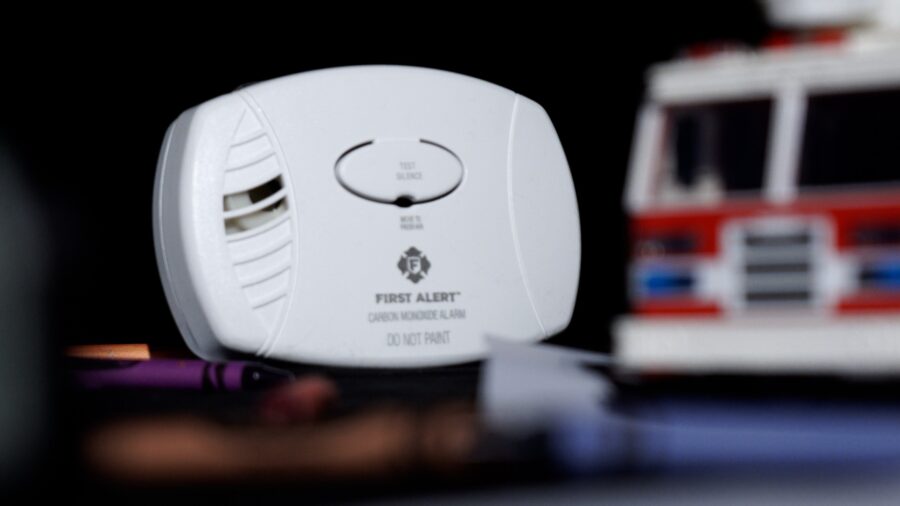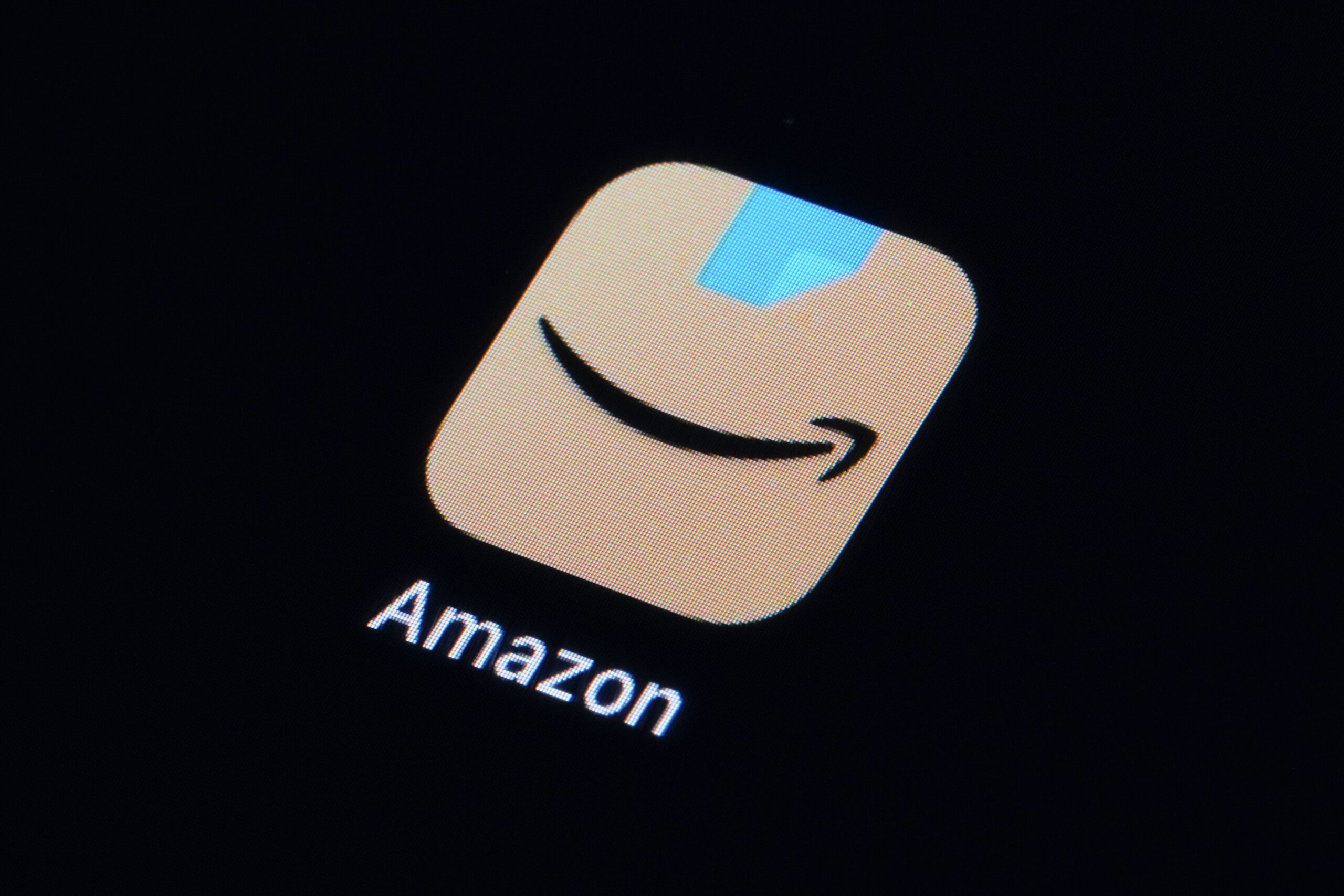‘Mistakes Were Made,’ But Cox Stands By Utah’s COVID-19 Response
Aug 5, 2020, 10:56 PM | Updated: Jun 19, 2022, 9:57 pm
SALT LAKE CITY, Utah – From a statewide mask mandate to mistakes in the state’s steps to fight COVID-19 and how politics has shaped the response – Lt. Gov. Spencer Cox sat down with KSL to discuss his tough choices as head of the state’s Coronavirus Task Force.
The importance of masks was a central theme.
Mask Mandate
A statewide mask mandate has been hotly debated for weeks in Utah. So far, the governor has resisted a mandate while strongly encouraging everyone to wear masks in public.
Cox was careful when explaining where he lands on the topic.
“If there was one thing I could change about this virus, it would be the asymptomatic spread piece, because you’re very contagious a day or two before you actually exhibit symptoms,” said Cox during a lengthy interview about the state’s response to COVID-19.
“Which is why the physical distancing piece, the mask-wearing, all of those things are so critically important,” he continued.
So, if the evidence is clear, why not enact a state mandate?
“I can tell you, I would prefer not to have one. If we can get people to wear masks without mandating it, that’s the best of all scenarios, and people are doing better,” he said.
He was careful not to say more than that, explaining it is ultimately the governor’s decision.
“If I get to be the governor, I’ll tell you [what I would do],” he said. “But right now, I can’t get out ahead of him on this. He’s asked me not to get out ahead of him on this.”
Utah Coronavirus Task Force
Gov. Gary Herbert named his lieutenant to lead the Coronavirus Task Force in early March. Fast forward five months and Cox was clear on what worked, what didn’t and what Utahns can expect as the pandemic continues.
Cox said he ultimately views the efforts of the 12-member task force a success, despite criticism of several no-bid contracts made in the early days of the virus.
Among those things he counts as wins: Procuring much-needed personal protective equipment, creating hospital bed space and testing capacity.
The task force brought together public safety, health and community leaders and lawmakers from across the state to make decisions on a public health crisis unlike anything our state has seen in 100 years.
But after meeting multiple times a week at the beginning of the pandemic, the task force is now operating on an “as-needed basis,” according to a June 15 memo sent to task force members.
“The role of the COVID Task Force was really twofold,” said Cox. “The first was to figure out what our response to this virus was going to be and to set up the structure for that. In that sense, the task force worked themselves out of a job.”
Their efforts led to the creation of the Unified Command.
“We have about 150 people three times a week that get together on a conference call and report out on distinct duties,” Cox said. “Every member or organization involved in the Coronavirus Task Force is involved in the Unified Command in some way.”
The task force was also charged with advising the governor.
“Two things happened over the course of the last four months to replace that. One was the legislature stepped in and they set up a commission on health and safety and the economy with specific statutory duties to advise the governor, and so they took a piece of that advice,” said Cox. “And then the structure of the Unified Command lends itself to that advice as well.”
A recent ProPublica investigation suggested a shift in power and priorities dramatically altered Utah’s response to the virus, and that politicians and business leaders pushed aside the advice of health officials.
Cox firmly denied those claims.
“They were completely wrong on that,” he said. “There is not a decision that has been made that wasn’t influenced heavily by public health, local public health, state public health, working in tandem to give the governor the best advice possible.”
Contract Controversy
Cox admitted missteps were made.
“This is one of the things that keeps me up at night,” he said. “There were lots of mistakes that were made early on.”
He pointed to the state’s purchase of 200,000 doses of anti-malarial drugs hydroxychloroquine and chloroquine for $800,000. That order was canceled, and no money was ever spent.
Medical experts blasted the purchase of the unproven drugs.
“I was not involved in that one. But it was, most people would say I think, a failure,” said Cox.
Another failure: technology designed to send a text alert asking anyone crossing Utah’s borders to fill out a COVID-19 questionnaire. It ended up bombarding residents with alerts multiple times a day.
“That was a failure. We scrapped that after three days,” said Cox. “Obviously, we didn’t know much about the virus. We had the philosophy that we were going to try everything. When you’re in the middle of a pandemic, and people are dying and your economy is suffering in ways that we’ve never seen in the history of our state.
“And we had the CARES Act money come in. It was let’s – let’s try everything. The whole idea behind that CARES funding was, let’s give it to the states. Let them experiment. Let’s go out and see what works, which means that people are going to make mistakes.”
Healthy Together App
The governor announced the launch of the Healthy Together app on April 22.
The mobile app was designed to check symptoms and aid contract tracing efforts with an opt-in GPS and Bluetooth tracking feature.
But as a KSL Investigation found, the app failed to attract enough users or provide the desired tracking data, making that feature useless. State epidemiologist Dr. Angela Dunn announced the tracking feature would be shut off on July 9.
“We were made some promises that turned out to not be accurate,” said Cox. “And so that piece has been a failure. It didn’t work the way we had hoped it would.”
The state signed a $6 million contract with the developers, Twenty, Inc.
“So, we’re not spending $6 million on that,” said Cox. “That was if everything worked out over the length of the contract.”
Determining what the state will end up paying is complicated.
The app was the result of a no-bid contract, with an upfront payment of $2.5 million followed by $300,000 per month for a year, terminating in April 2021. The contract was paid for with CARES Act funds.
So far, the state has paid $3,710,664 toward the contract for functions that are being used, such as symptom tracking and connecting with testing sites.
The rest of the contract is being renegotiated, but not necessarily canceled.
The additional payments are based on a schedule of development deadlines and deliverables.
Anna Lehnardt, communications director with the governor’s office, said the scope of work is being retooled under the guidance of the Utah Department of Health to “better align with their goals in managing the pandemic.” One possibility is the development of an online contract tracing form.
“I’m one that if it doesn’t work, you should get your money back,” said Cox. “And so those conversations are definitely happening.”
Cox said they are currently seeking bids from other developers through an RFP process. He said the evaluation process will be a careful one.
“We’ve been burned once, right? And so we want to make sure that we have apps that work the right way before we roll them out again,” said Cox.
“We do have to take responsibility for the mistakes that we make. And that’s why we have these types of conversations. We’ve been very clear about that, that this has not been a perfect response, that we’re figuring this out as we go. We’re taking the best advice that we can get. When we get better information, when we get new information, we have to be willing to pivot and to make those changes,” he said.
Case Counts
Cox does not believe Utah loosened COVID-19 restrictions too soon, saying they knew it was inevitable case counts would rise.
“What we didn’t do as a people collectively was to remain vigilant and cautious,” he said. “Outside is always better than inside, short time together is always better than then a long time together. Mask is always better than no mask. If we will do those things, we absolutely can beat this, but government can’t make you do those things.
“We shouldn’t be pointing back to, you know, ‘They told us not to wear masks, so why should we be wearing masks?’ Well, the reason they told us not to is they didn’t have good data. And now they have better data. And the data is very clear that masking helps.
“As a society, we all need to be humble enough to admit when we’re wrong and to change. And politics is the one place where we don’t do that anymore,” said Cox.
The Price Of Politics
The lieutenant governor said he believes our nation’s response to the coronavirus epidemic would have been very different if we weren’t in a presidential election year.
“I think it would have been less politicized. But we politicize the medicines, we politicize the masks, we politicize the science in this thing, and it’s just been incredibly destructive,” he said.
Cox was concerned by what he describes as a “toxic mess” on social media.
“We’re in a post-truth, a post-fact environment where you can find whatever truth or facts you want. And those biases are real and it’s damaging, and it’s hurting our response to this,” he continued.
Who does he believe are the trusted sources?
“I can tell you who it’s not, right. It’s not cable news. So, stop watching MSNBC and CNN and Fox News. Just stop. Like, that would help all of us tremendously,” he said.
“Listen to the medical professionals. Again, we do these [coronavirus] updates every week for a very specific reason, and that is to provide the best information we can,” he added.
Cox also wants Utahns to go directly to the state’s coronavirus website.
“We have added tremendous data in there,” he said. “There are charts and graphs that show up to date information on who’s getting it, how it’s being spread, what the rate of spread is.”
“And then stop listening to the extremes out there because they’re not helping. They’re just making it worse,” he said.
RELATED STORIES
KSL Investigates: Exclusive Interview With Utah’s Coronavirus Task Force Chief
KSL Investigates If Healthy Together App Is Worth Investment After State Turns Off Main Feature
KSL Investigates: State’s COVID-19 Contracts Exceed $67 Million
KSL Investigates Utah’s Ability To Handle Coronavirus Outbreak


